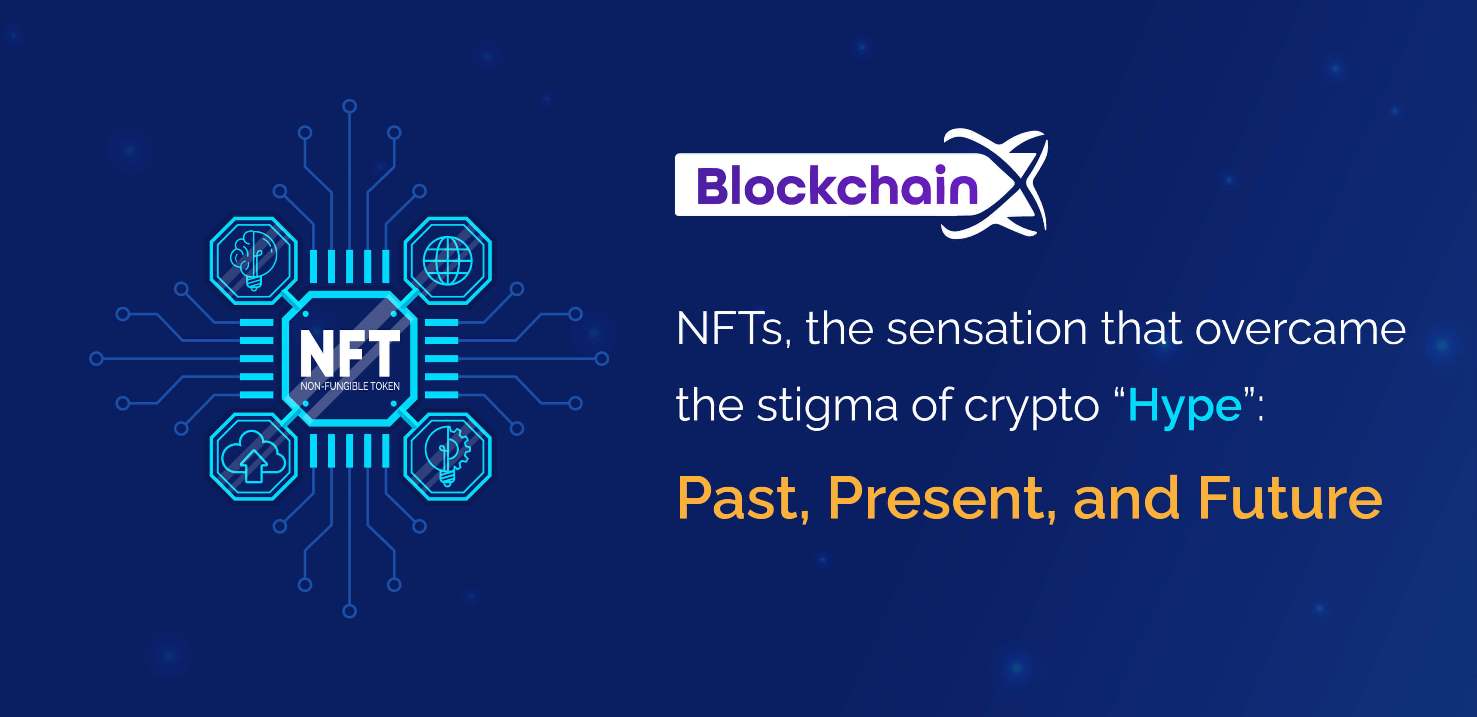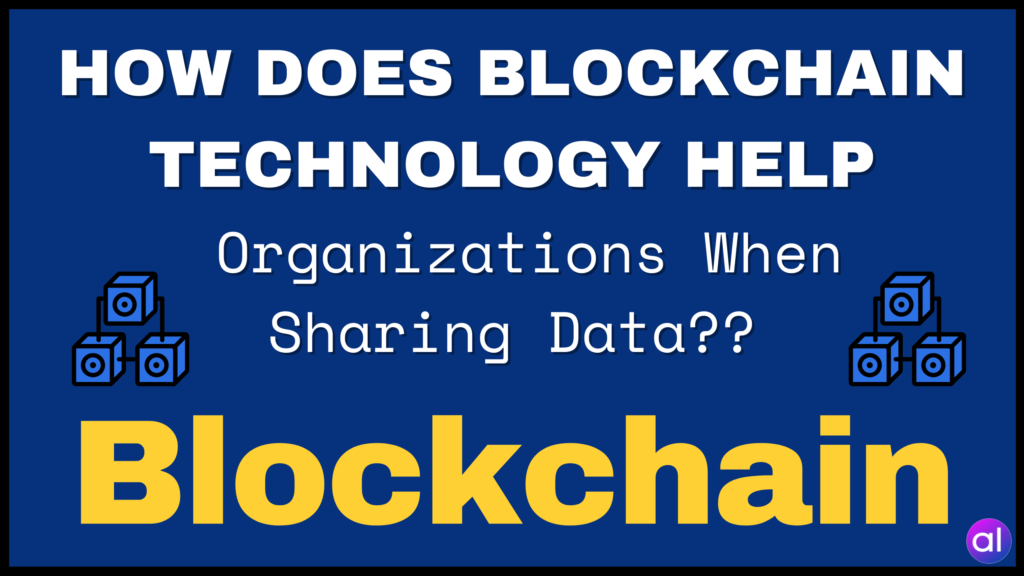
A groundbreaking trend in the world of blockchain is the emergence of NFTs, or non-fungible tokens. NFTs are incredibly effective in representing ownership of unique items across various assets. They are poised to revolutionize digital transactions on a larger scale in the future.
While NFTs have gained significant traction in the crypto world, they are also gaining popularity in other sectors. The future applications of NFTs extend far beyond gaming and art. They can serve as proof of ownership, manage licenses, confer social status, grant access, and verify authenticity.
In this blog post, we delve deeper into the potential future of NFTs, the challenges they might encounter, and the risks associated with this emerging sensation.
What are NFTs?
NFT, short for non-fungible tokens, are unique digital assets that cannot be exchanged. Anything can be converted into an NFT, with its attributes securely stored on the blockchain.
NFTs leverage blockchain technology to track digital ownership of real-world assets and establish scarcity to prevent identical replication. They offer a means to verify the authenticity of digital artwork, real estate, music, and more.
However, there are challenges and risks associated with NFTs alongside their promising potential.
Future of NFTs
The current landscape of the global NFT market and emerging trends signal a promising future for NFTs. Understanding the factors driving the growth of NFTs is crucial for their continued success.
Document storage and ownership
NFTs have the potential for various business use cases, enhancing digital transformation. Secure document storage is one possible application that can improve future NFT applications.
Asset forgery safeguards
NFTs can provide robust safeguards against data forgery and unauthorized transactions, beyond basic blockchain functionalities.
Expanding the use of paperless transactions
NFTs enable paperless transactions by securely storing data, signatures, and identities, benefiting both enterprises and individuals.
Risks in NFTs
Non-fungible tokens present lucrative opportunities for digital creators, but also attract cyber threats and online fraud risks. The potential for massive cyberattacks and asset vulnerabilities poses significant challenges in the NFT market.
Smart contract risk and maintenance of NFTs
The risk of smart contract vulnerabilities and inadequate maintenance poses a major threat in the NFT market, leading to significant financial losses.



